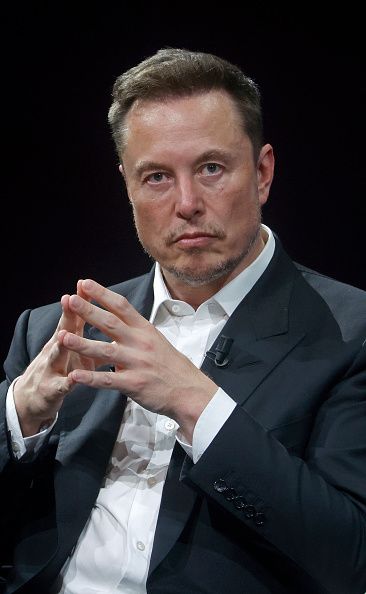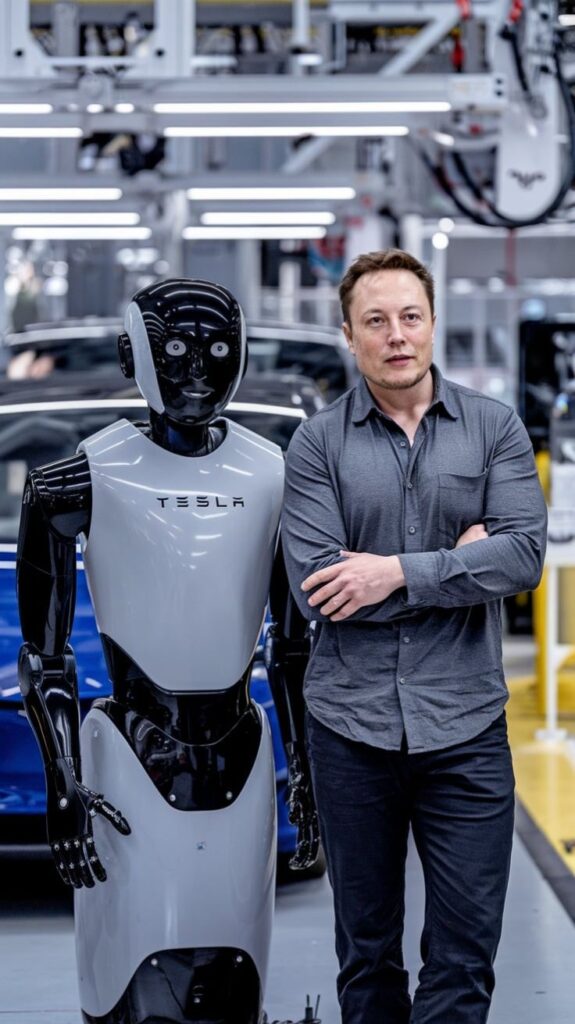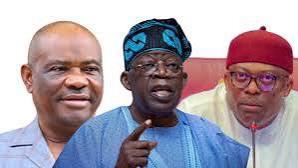
Chief Executive Officer of SpaceX and Tesla and owner of Twitter Elon Musk's Starlink Offer Ignited a Tech War,
A high-stakes offer from Elon Musk to Apple, valued at $5 billion, could have fundamentally reshaped the future of iPhone connectivity. However, Tim Cook’s decision to decline the deal has instead fueled an intense rivalry, now escalating with legal battles and direct technological clashes.
The ongoing feud between Elon Musk, head of SpaceX, and Tim Cook, CEO of Apple, has consistently pushed the boundaries of innovation and market dominance. The latest chapter began with Musk’s audacious proposal, which aimed to drastically alter how smartphones connect globally. Rather than embracing this, Cook chose a different path, leading to a full-blown confrontation that is now reshaping the satellite connectivity landscape. This battle sees SpaceX’s Starlink service and Apple’s partnership with Globalstar as the primary contenders in a race for technological supremacy.

MUST READ : https://naijanewswatch.com/trump-crypto-scam-seeks-arrest-suspect/
Musk’s Bold $5 Billion Proposition
In the months leading up to the iPhone 14’s 2022 launch, Elon Musk made a significant proposition to Apple. According to Apple Insider, SpaceX offered to integrate Starlink satellite connectivity directly into the iPhone. This deal came with a hefty price tag: $5 billion upfront and an additional $1 billion annually after an 18-month exclusivity period. Convinced of the offer’s undeniable value, Musk set a strict 72-hour deadline for Apple’s acceptance.
However, Tim Cook ultimately rejected the deal. He opted instead for a partnership with Globalstar, a comparatively smaller satellite service. Cook’s decision, while surprising to many, was a strategic move, aligning Apple with a provider perceived as lower risk and more in line with Apple’s cautious business approach. Musk, known for his relentless pursuit, responded swiftly and decisively to this rejection.
A Rivalry That Spans the Skies
True to his word, Elon Musk did not back down. Instead, he launched a direct competitor to Apple’s satellite ambitions. In collaboration with T-Mobile, SpaceX introduced Starlink Direct to Cell, a service designed to deliver satellite-powered communication to smartphones, including the iPhone. This development enabled iPhone users on the T-Mobile network to access Starlink’s service, directly challenging Apple’s exclusive relationship with Globalstar, which was providing the satellite infrastructure for the iPhone’s emergency connectivity feature. While Apple proceeded with Globalstar, Musk’s service was already operational, boasting broader coverage and more robust features.
Legal Battles and Internal Resistance
The competition between Apple and SpaceX quickly moved beyond business deals into the legal arena. In 2022, SpaceX initiated challenges to Globalstar’s rights to a crucial wireless spectrum directly impacting Apple’s satellite services. SpaceX argued that Globalstar had not fully utilized its allocated spectrum and was effectively blocking competitors like SpaceX from entering the market.
This legal maneuver posed significant consequences for Apple, as its satellite communication services relied heavily on that very spectrum. A successful challenge by SpaceX could force Apple to seek an alternative, potentially leading them back to Musk. Adding to Apple’s woes were reports of internal dissent regarding the Globalstar partnership. Senior executives, including Apple’s software chief Craig Federighi, reportedly expressed concerns about Globalstar’s aging network and the lack of anticipated improvements, suggesting that the decision to partner with Globalstar might not have been as straightforward as it seemed.
The Fight for Satellite Supremacy Continues
As SpaceX and Apple continue their battle over satellite connectivity, the stakes are undeniably high. Musk’s aggressive strategy, backed by legal action and continuous technological innovation, has put Apple in a challenging position. The escalating tensions between these two tech giants extend beyond mere business competition; they are shaping the very future of smartphone technology and how it will function in an increasingly connected world. With Starlink already providing direct connectivity to smartphones and Apple’s continued commitment to Globalstar, this rivalry is far from over, focusing now on which company will ultimately control the future of satellite-powered communication



